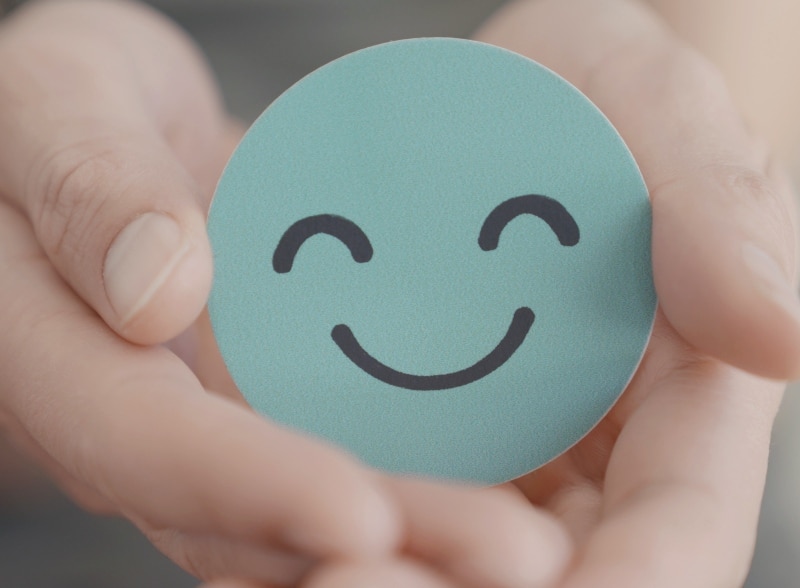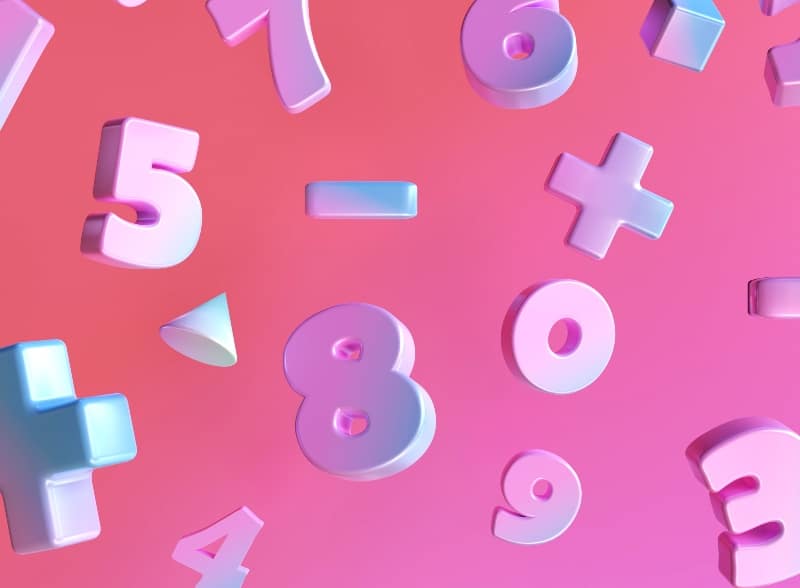
Autism Conference Talk: Parenting a Child with a Pervasive Drive for Autonomy (PDA)
Join Tooled Up parent Judith Thomas as she shares her experience of parenting a child with a pervasive drive for autonomy (also known as Pathological Demand Avoidance or PDA), helps you to spot PDA and explains how much positive difference low-demand communication will make.











